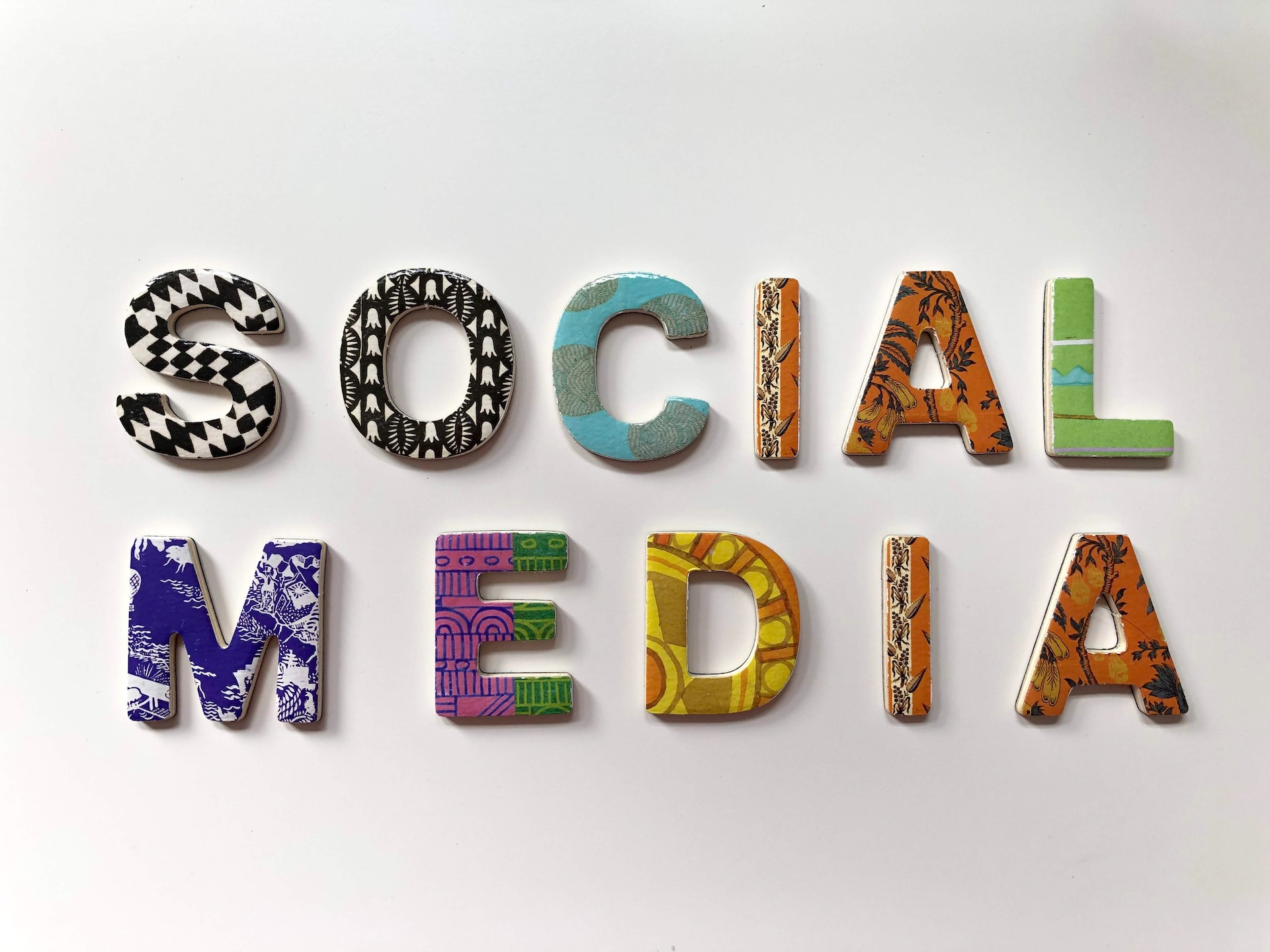In an age where social media has become an integral part of political discourse, the U.S. Supreme Court is set to tackle a case that addresses the blockability of constituents on social media by public officials. The case, formally known as Knight First Amendment Institute v. Trump, began when the Knight Institute, a nonpartisan organization, filed a lawsuit against former President Donald Trump for blocking constituents on his Twitter account.
The lawsuit argued that when public officials block individuals on social media platforms, it constitutes a violation of the First Amendment, which guarantees the right to free speech. In May 2018, a federal district court agreed with the Knight Institute and ruled that Trump’s blocking of Twitter users was unconstitutional.
However, the Trump administration appealed the decision, arguing that the First Amendment does not apply to Twitter because it is a private company and not a government entity. The Second Circuit Court of Appeals disagreed, affirming the district court’s ruling in July 2019.
The case now heads to the Supreme Court, which will hear oral arguments in the fall of 2021. The ruling will likely have far-reaching implications, not just for Trump but for all public officials who use social media to communicate with constituents.
The case also raises broader questions about the role of social media in our democracy. While social media platforms like Twitter have become a crucial tool for public officials to communicate with their constituents, they have also become a platform for misinformation and abuse.
In recent years, Twitter has taken steps to address these issues, including implementing policies that prohibit hate speech and labeling tweets that contain false or misleading information. However, these efforts have been met with criticism from both sides of the political aisle, with some arguing that they infringe on free speech and others arguing that they do not go far enough in addressing the problem.
The Knight Institute’s lawsuit against Trump is just one example of the challenges posed by social media in a democratic society. As the Supreme Court prepares to hear the case, it is likely that we will see a renewed debate about the role of social media in our democracy and the limits of free speech in the digital age.









